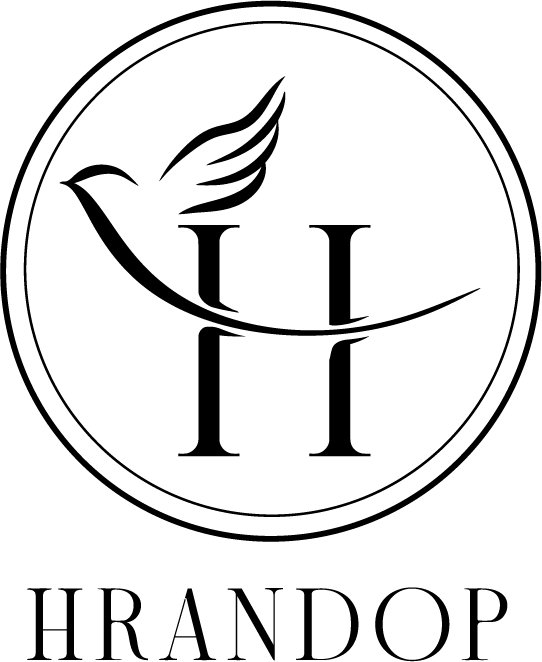Probate proceedings
Inheritance proceedings, also known as probate proceedings, are the process by which the assets and any debts of a deceased person are distributed. This process is governed by the Act on Special Judicial Proceedings (§ 98 - § 288a). It is conducted by a notary acting as a court commissioner. However, you cannot choose the notary arbitrarily; they are appointed by the court upon receiving the death certificate from the registry office.
There are two ways probate proceedings can unfold, depending on whether or not the deceased left a will. If there is no will, the notary follows the law governing inheritance classes. If a will exists, the proceedings follow the deceased's expressed wishes.
The notary will initially invite the closest relative of the deceased who is familiar with their financial situation, usually about a month after the death. This initial meeting aims to verify all assets and identify potential heirs. The notary inquires about the spouse, children, parents, other relatives, or cohabiting individuals of the deceased and seeks to ascertain if a will or disinheritance document exists.
This first meeting, called a preliminary proceeding, requires certain documentation:
- An identification card or other forms of ID
- Any non-notarial will found, for example, at the deceased's home
- Names, addresses, and birthdates of all potential heirs
- Savings books, account documents, or other financial records
- Membership documents in housing cooperatives
- Property deeds (houses, cottages, apartments, garages, land)
Asset Verification and Valuation
After the preliminary meeting, the notary verifies all gathered information, checks for any will, disinheritance document, inheritance contract, or other documents possibly entrusted to another notary. The registry of inhabitants is reviewed to verify correctness. The land registry is checked for real estate holdings, and banks/insurance companies are contacted to confirm account balances. The complete inventory is called the "inheritance inventory."
Final Meeting
Once a complete understanding of the assets and liabilities is obtained, a final meeting is scheduled, typically three to four months after the initial meeting. All potential heirs are summoned, with at least ten days’ notice. If a will exists, it is read during this session.
All heirs gather at the final meeting, at which the notary details the assets and debts transferred to them. Heirs are advised they may decline the inheritance, a decision that must be carefully considered, as it cannot be undone. Similarly, once accepted, the decision cannot be reversed. The notary invites those present to sign the agreement regarding inheritance and debt settlement.
If an agreement is reached, the notary issues a resolution approving the inheritance agreement. If heirs disagree, a resolution is issued based on the sequence of inheritance classes.
Duration of Probate Proceedings
The duration varies greatly depending on many factors, such as whether heirs live abroad or are difficult to locate, and the complexity of the estate, including the need for professional asset valuation.
Declining Inheritance
If the estate includes significant debts or burdensome assets, inheritance can be declined. This must be done explicitly before the court and is irreversible. If declined, any sub-heirs named in the will succeed to the estate, or it passes to other legal successors, often being divided equally among remaining heirs. Only the entire inheritance may be declined, not just parts, such as debts.
If an heir who hasn't declined decides to renounce the inheritance in favor of another, this must be recorded in court, requiring consent from both parties involved. Renouncing assets to anyone unaware of it or without explicit consent is impossible.
Cost of Probate Proceedings
Notary fees are regulated by decree, based on the value of the assets. For instance, for assets worth 500,000 CZK, the fee is 6,800 CZK + VAT; for two million, it’s 16,300 CZK + VAT; for five million, it’s 23,300 CZK + VAT, with a maximum fee of 38,300 CZK + VAT. Fees are shared by heirs according to their share of the inheritance. Regardless of asset value, there's a minimum fee of 1,000 CZK. As of January 1, 2021, the base fee structures are adjusted accordingly.
No taxes apply; inheritance tax has been abolished, and for individuals, inherited assets are also exempt from income tax.


